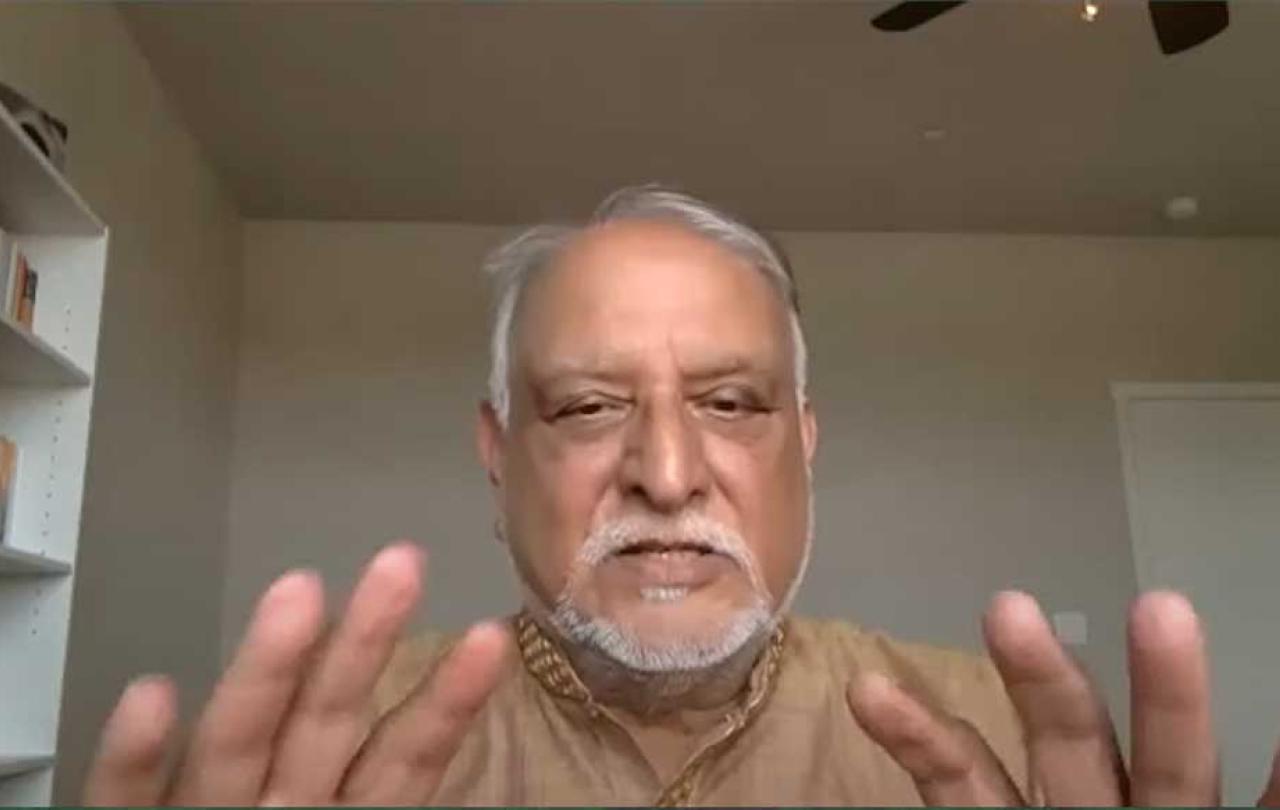Listen now
Dr Michael Ward is a literary critic, theologian, and renowned C.S. Lewis expert – teaching at both the University of Oxford and Houston Christian University, in Texas. He is the author of books including Planet Narnia: The Seven Heavens in the Imagination of C.S. Lewis and After Humanity: A guide to C.S. Lewis The Abolition of Man.
Justin and Belle talk to Michael about the inner workings of the Narnian universe, the nature of Lewis’ imagination, and one of his most difficult works – The Abolition of Man.
Visit Michael's web site.
There’s more to life than the world we can see. Re-Enchanting is a podcast from Seen & Unseen recorded at Lambeth Palace Library, the home of the Centre for Cultural Witness. Justin Brierley and Belle Tindall engage faith and spirituality with leading figures in science, history, politics, art and education. Can our culture be re-enchanted by the vision of Christianity?





